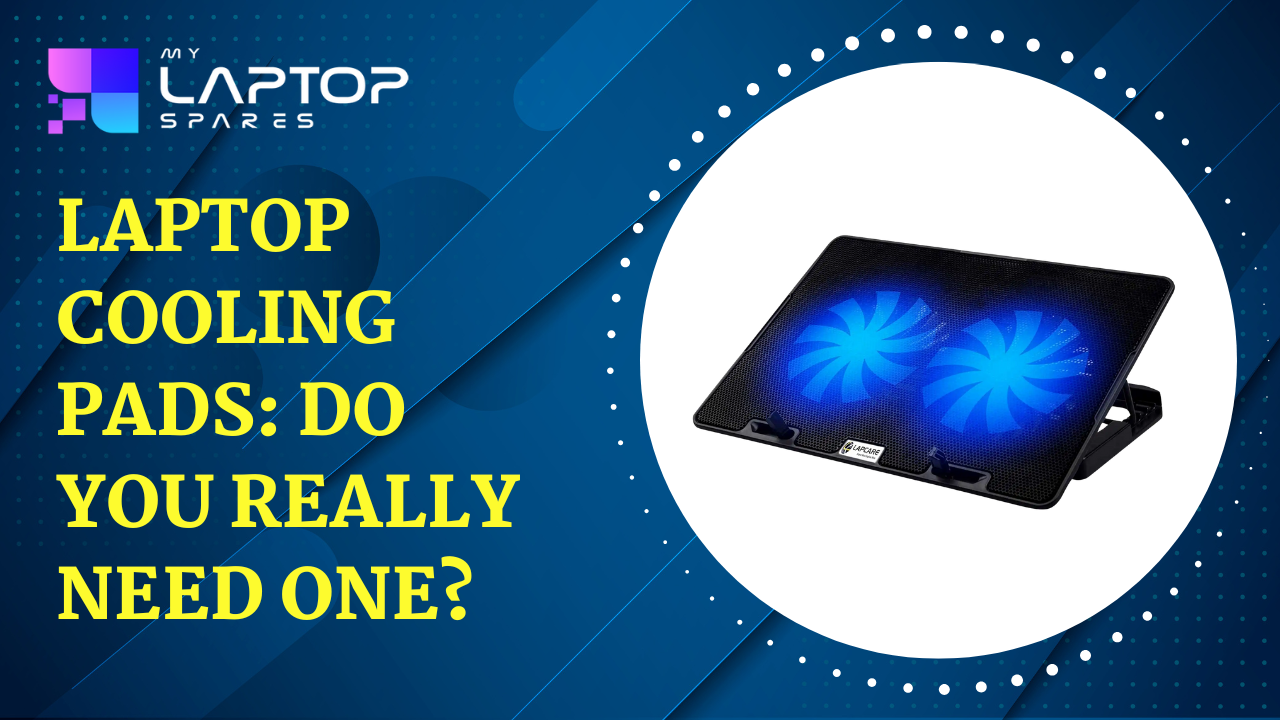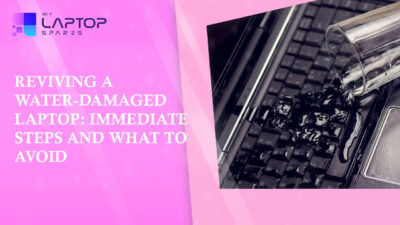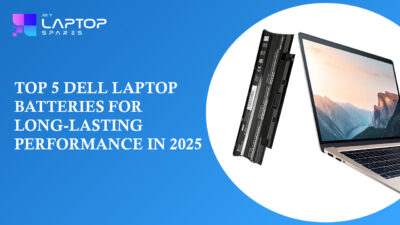Laptop Cooling Pads: Do You Really Need One?

What Are Laptop Cooling Pads?
Laptop cooling pads are external devices designed to dissipate heat from your laptop and maintain an optimal operating temperature. These pads usually feature built-in fans or other cooling mechanisms that draw heat away from the laptop’s base. They come in various shapes, sizes, and designs, catering to different laptop models and user needs. Some are simple passive devices, while others incorporate advanced technology for maximum cooling efficiency.How Do Laptop Cooling Pads Work?
Cooling pads work by addressing the heat generated during a laptop’s operation. Here’s how they function:- Active Cooling Pads: These pads use built-in fans to circulate air and reduce heat. The fans draw heat away from the laptop’s underside, expelling it into the surrounding environment. Active cooling pads often allow users to adjust fan speed for optimal cooling.
- Passive Cooling Pads: Unlike their active counterparts, passive cooling pads rely on materials like aluminum or gel to absorb and dissipate heat. They’re quieter and more portable but may not be as effective for high-performance laptops.
- Hybrid Models: Some cooling pads combine active and passive cooling methods, offering a balance between efficiency and portability.
Signs Your Laptop Might Need a Cooling Pad
While laptops are designed to handle moderate heat, certain signs indicate that your device might benefit from a cooling pad:- Excessive Heat: If your laptop’s base feels uncomfortably hot during use, it’s likely overheating.
- Frequent Crashes: Overheating can cause your laptop to freeze or shut down unexpectedly.
- Loud Fan Noise: If your laptop’s internal fans are constantly running at full speed, they might be struggling to keep the temperature in check.
- Decreased Performance: Thermal throttling, where the laptop reduces its performance to prevent overheating, is a common sign.
- Discomfort: Prolonged use on your lap becomes uncomfortable due to heat.
What are the Benefits of Using a Laptop Cooling Pad?
Investing in a cooling pad can offer several advantages:- Improved Performance
- Extended Lifespan
- Comfortable Usage
- Enhanced Productivity
Types of Laptop Cooling Pads
Cooling pads come in various types, each catering to specific needs:- Single-Fan Pads: They are equipped with one large fan, making it great for overall cooling.
- Multi-Fan Pads: With multiple smaller fans, these pads provide targeted cooling for specific areas.
- Adjustable Pads: These offer height and angle adjustments for better ergonomics.
- USB-Powered Pads: These pads draw power directly from your laptop’s USB port, eliminating the need for an external power source.
- Slim and Portable Pads: Ideal for travelers, these are lightweight and easy to carry.
What are some Alternatives to Cooling Pads?
If a cooling pad isn’t an option, consider these alternatives:- Elevate Your Laptop: Using a stand or a stack of books improves airflow underneath your laptop.
- Clean Internal Fans: Dust buildup can obstruct airflow. Regular cleaning helps maintain efficient cooling.
- Limit Intensive Tasks: Avoid running multiple demanding programs simultaneously.
- Use in a Cool Environment: A cooler room temperature can help reduce overheating.
- Replace Thermal Paste: For older laptops, replacing the thermal paste on the CPU and GPU can improve heat dissipation.
Factors to Consider When Buying a Laptop Cooling Pad
Choosing the right cooling pad requires careful consideration of your specific needs:- Ensure the cooling pad matches your laptop’s size.
- Look for pads with powerful fans and good airflow.
- Some pads can be noisy. Opt for quieter models if sound is a concern.
- Durable materials like aluminum offer better heat dissipation and longevity.
- Adjustable height and angle settings improve comfort during use.
- If you’re always on the move, consider a lightweight and compact design.
- Cooling pads range from budget-friendly to premium. Choose one that fits your budget without compromising essential features.
Do Gaming Laptops Require Cooling Pads?
Gaming laptops are notorious for generating significant heat due to their high-performance components. While most gaming laptops come with well-built internal cooling systems, adding a cooling pad can provide additional cooling during extended gaming sessions. It also prevents thermal throttling for smoother gameplay and improves comfort when using the laptop on a desk or lap.What is the Impact of Cooling Pads on Laptop Performance?
Cooling pads can positively impact your laptop’s performance by:- Keeping internal components cooler, allowing them to operate at peak efficiency.
- Reducing strain on the laptop’s internal fans, potentially extending their lifespan.
- Minimizing the risk of hardware failure caused by overheating.
Are Cooling Pads Necessary for Everyday Laptop Use?
For everyday tasks like web browsing, streaming, or light work, most laptops’ internal cooling systems suffice. However, a cooling pad can be a worthwhile investment if you frequently use your laptop on soft surfaces like beds or sofas, which blocks airflow. It can also be helpful if your laptop’s cooling system struggles to maintain optimal temperatures. Tips for Reducing Laptop Overheating Without a Cooling Pad If you’re not ready to invest in a cooling pad, try these tips to manage heat:- Avoid placing your laptop on soft surfaces that trap heat.
- Dust and debris can obstruct airflow.
- Use power-saving modes to reduce heat generation.
- Use software to monitor your laptop’s temperature and identify overheating issues.
- Use your laptop in shaded areas to prevent external heat sources from exacerbating the problem.
Conclusion
Laptop cooling pads are not a one-size-fits-all solution but can be a valuable tool for specific use cases. Whether you need one depends on your laptop’s design, usage habits, and environment. Ultimately, maintaining optimal temperatures will enhance your laptop’s performance, comfort, and lifespan. Want to learn more about cooling pad options for your laptop? Connect with the supportive team at My Laptop Spares.Frequently asked questions
No, cooling pads complement but do not replace internal cooling systems.
No, but using a poorly designed pad might block airflow instead of improving it.
While passive cooling pads are less effective than active ones, they can can still provide moderate cooling for low-performance tasks.
Categories
- Accessories (84)
- Gaming Laptop (6)
- Keyboard (15)
- laptop (18)
- Laptop Adapters (15)
- Laptop Batteries (30)
- Laptop Screen (14)
- Laptop Spares (15)
- Uncategorized (1)
- video conferencing (6)
Recent Posts

Reviving a Water-Damaged Laptop: Immediate Steps and What to Avoid
You're working diligently on your laptop, sipping a cup of coffee, and suddenly, disaster strikes: the coffee spills all over... read more

Your One-Stop Shop: Over 1,000 Laptop Parts and Accessories in One Place
Your laptop isn’t just a gadget, it’s your portable office, your creative studio, your entertainment hub, and in many cases,... read more

Top 5 Dell Laptop Batteries for Long-Lasting Performance in 2025
In an era where digital workplaces rule and remote collaboration is the new standard, having a long-lasting and dependable read more

Keyboard Not Working on Dell Laptop? Troubleshooting + Replacement Tips
A broken keyboard on your Dell laptop can be more than just a nuisance; it can halt your entire productivity. Fortunately,... read more

How to Identify Fake Dell Laptop Batteries
In today’s technology-oriented world, our laptops are essential tools for professional tasks, learning, and leisure activities. Among the reputable laptop brands,... read more

Dell Charger Buying Guide: Wattage, Voltage & Tips
Your Dell laptop’s dependability relies heavily on the charger that powers it. Whether you’re a night owl student, a busy... read more
